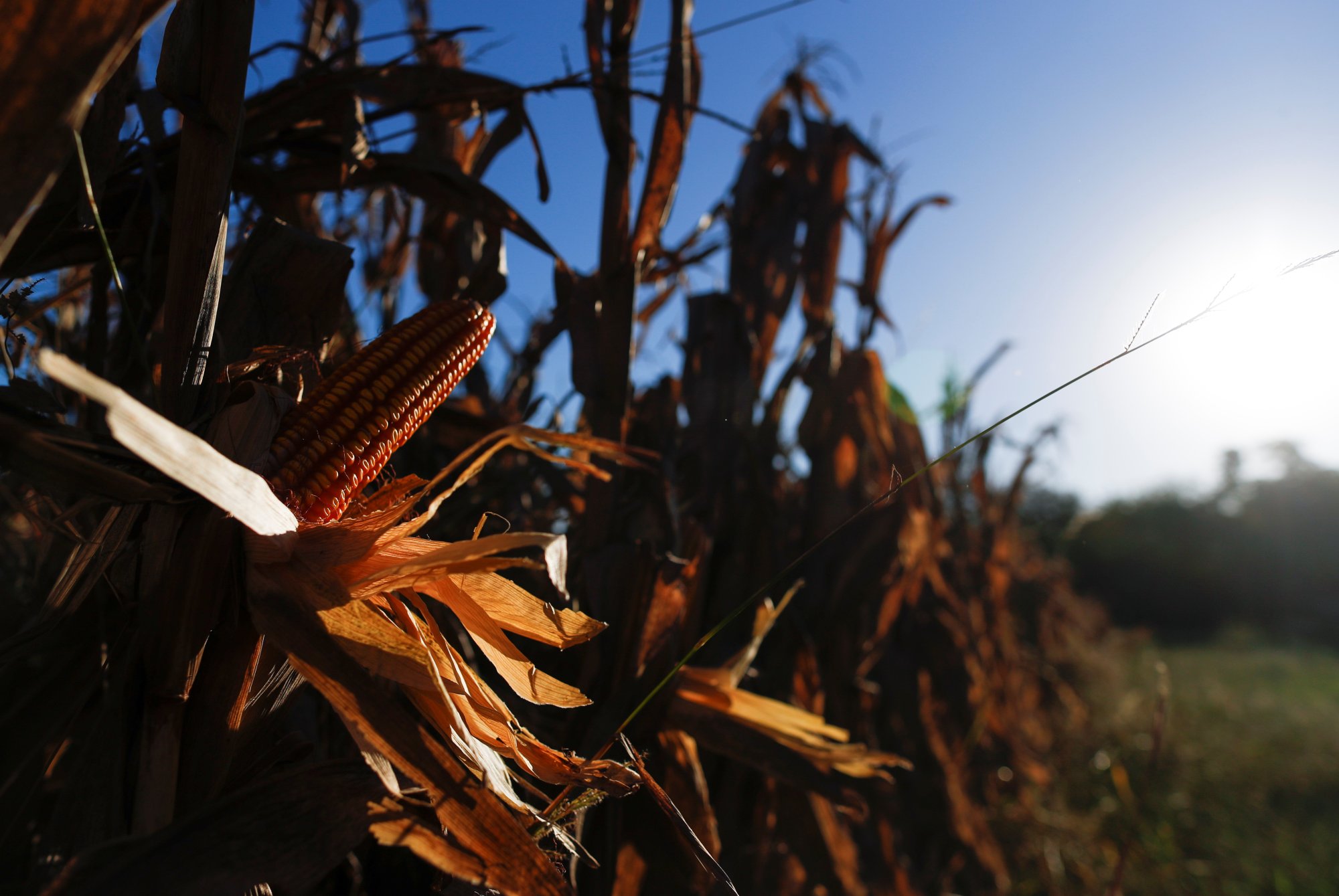China announced wide-ranging tariff cuts and extensions on 143 Argentine agricultural and industrial products, in a move that Beijing and Buenos Aires say will boost global commerce.
The Chinese Ministry of Finance’s decision takes effect immediately and is aimed at lowering prices and boosting final consumer spending, according to Argentina’s Ministry of Economy.
The Finance Ministry said in a statement on Monday that the decision supports a strategy to “fully, accurately and comprehensively implement better coordination of resources in domestic and international markets.”
Tariff reductions have been part of a policy since 2016 aimed at countries that do not have free trade agreements with Beijing. In principle, policy implementation depends on China’s local market dynamics and demand.

Among the most important adjustments is the elimination of duties on dry sweet corn and coriander seeds from 13 percent and 15 percent respectively to now zero percent.
Argentina’s dairy industry also received a boost from lower tariffs on infant formula and various cheeses.
In fishing, tariffs on frozen shrimp, the country’s main export, remained at a modest 2%, while tariffs on other seafood products were lowered. Argentina is one of the world’s largest exporters of frozen shrimp.
The Chinese government’s decision will also provide a boost to Buenos Aires’ vital agricultural sector, as fruits such as cranberries and pecans remain stable at 7% tariffs. The sector accounts for almost a quarter of the country’s GDP, according to the Argentine nonprofit Agricultural Foundation for Development.
Argentina’s disdain may strain relations with China, but BRICS ‘dodged a bullet’
Argentina’s disdain may strain relations with China, but BRICS ‘dodged a bullet’
Additionally, tariffs on oilseeds, including flaxseed and sunflower seeds, were reduced from 15% to 9%.
The food industry also benefited, with continued tariff reductions on products such as infant formula and dulce de leche maintained.
Meanwhile, the tariff on orange juice was reduced from 30% to 20%. The policy further extends tariff relief in the animal feed and pet food sectors to include products such as alfalfa bales and pet food.
And China will continue to reduce tariffs on wood products. This includes charcoal and wood wool, which are now exempt from customs duties, and the tax rate on certain types of wood used in the production of veneer and plywood will be reduced from 2 percent to 0 percent.
Argentina looks to veteran diplomat to repair relations with China = report
Argentina looks to veteran diplomat to repair relations with China = report
China regularly renews its tariff cuts, but there were suspicions that trade benefits granted to Buenos Aires would be suspended given recent bilateral tensions.
Argentina’s new president, far-right liberal Javier Millay, spent much of last year’s hard-fought campaign vowing to cut ties with China and support “the more ‘civilized side’ of the world.” Ta.
Argentine media reports said Prime Minister Milay also decided to halt negotiations over the purchase of Chinese fighter jets in favor of used American F-16s from Denmark.
